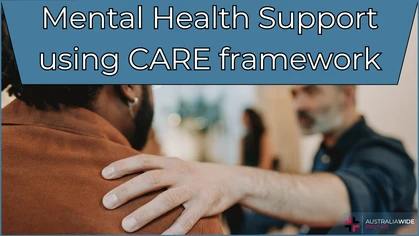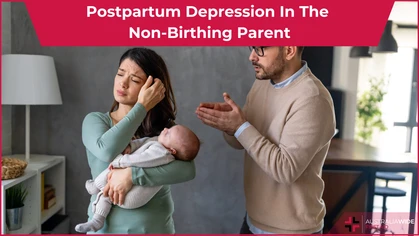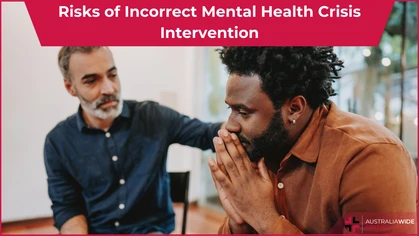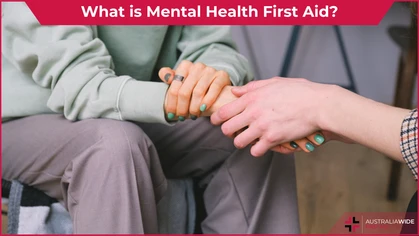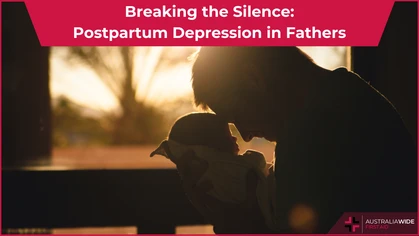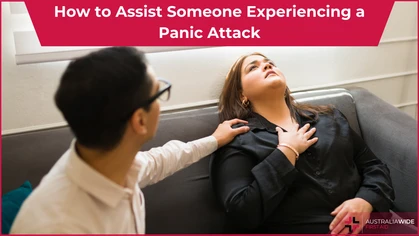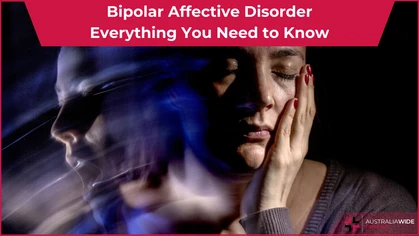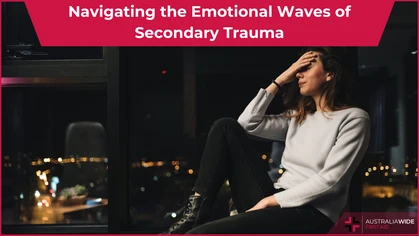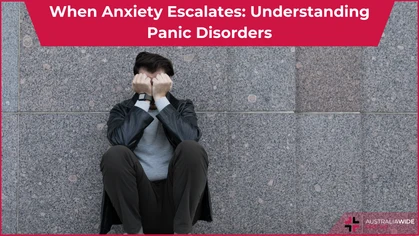The Impact of Mental Health Stigma on Society

Mental Health
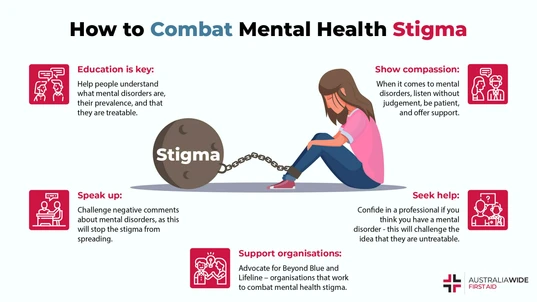
Mental health stigma broadly refers to negative thoughts, beliefs, and actions about people with mental disorders. Mental health stigma exists for several reasons, and it can have several devastating impacts on people with mental disorders and society in general.
Mental health stigma is a problem that exists in our society due to a lack of understanding about mental disorders. It can have a number of negative impacts on those who live with mental disorders and on society as a whole. Education is key to combatting mental health stigma. Showing compassion and understanding towards those with mental disorders can also go a long way in combatting mental health stigma. If you think you may have a mental disorder, it is important to seek help. There are many organisations that work to combat mental health stigma and they need our support.Defining Mental Health Stigma
Mental health stigma has been around for a long time. It is only recently that mental disorders have been taken more seriously by the medical community and society in general. Mental health stigma can be defined as negative attitudes, beliefs or behaviours directed at people who have mental disorders.Why Mental Health Stigma Exists
Stigma exists for mental health issues due to a lack of understanding. The media often portrays people with mental disorders as dangerous, violent or unstable. This can lead to people feeling afraid of those with mental disorders and can fuel discrimination. Some of the most common reasons this exists are:- The belief that mental disorders are not real medical conditions. This can lead to people thinking that those who have mental disorders are simply weak or crazy.
- The belief that mental disorders are caused by personal failings. This can lead to people thinking that those with mental disorders are lazy, weird or attention-seeking.
- The belief that mental disorders are untreatable. This can lead to people thinking that there is no point in seeking help for mental disorders.
- Fear of violence. People with mental disorders are often stereotyped as being dangerous, unpredictable and violent. This can make people very wary of interacting with them.
- The belief that mental disorders are contagious. This can lead to people avoiding those with mental disorders, as they believe they may catch the disorder themselves.
Impact of Mental Health Stigma
Mental health stigma can have a number of negative impacts on those who live with mental disorders and on society as a whole.- It can lead to people avoiding seeking help for mental disorders. This is because they may be worried about being labelled as weak, crazy or attention-seeking. As a result, mental disorders may go untreated and can become worse.
- It can lead to people with mental disorders feeling isolated and alone. This is because they may be afraid to tell people about their mental disorder for fear of being discriminated against or rejected.
- It can lead to people with mental disorders not getting the help and support they need. This is because mental health services may be underfunded due to the stigma surrounding mental disorders.
- It can lead to workplace discrimination. This is because employers may be hesitant to hire someone with a mental disorder, as they may believe that they will be less productive or more likely to take time off work.
- It can lead to housing discrimination. This is because landlords may be hesitant to rent properties to those with mental disorders, as they may believe that they will be more likely to damage the property or not pay rent on time.

Mental health stigma can isolate people with mental disorders, and make it difficult for them to receive support and professional help. Left untreated, their mental disorder can become worse and cause further issues.
What Can Be Done To Combat Mental Health Stigma?
There are a number of things that can be done to combat mental health stigma.- Education is key. The more people know about mental disorders, the less stigma there will be. It is important to educate people about what mental disorders are, how common they are and that they are treatable.
- Showing compassion and understanding towards those with mental disorders can go a long way in combatting mental health stigma. This includes things like listening without judgement, being patient and offering support.
- Speak up if you hear someone making negative comments about mental disorders. This can help to challenge the stigma and stop it from spreading.
- Seek help if you think you may have a mental disorder. This can help to challenge the idea that mental disorders are untreatable.
- Support organisations that work to combat mental health stigma. This includes organisations like Beyond Blue, Lifeline and Sane Australia.
Mental Health Support
To nurture a society that values mental health, education must take centre stage. Without it, stigma and misinformation can prevent people from seeking or offering help when it’s most needed. Mental health deserves the same attention as physical health. Learning to detect early warning signs of mental ill-health can pave the way for timely assistance, preventing situations from escalating into critical events. Completing a Mental Health Support Course provides the essential tools to recognise mental health struggles and confidently support those in need.Recommended Resources
If you would like to learn more about preventing, identifying, and managing the symptoms of mental health issues, check out the following articles in our Resource Library:
Originally published at
https://www.australiawidefirstaid.com.au/resources/mental-health-stigma
as part of the Australia Wide First Aid Articles Library

